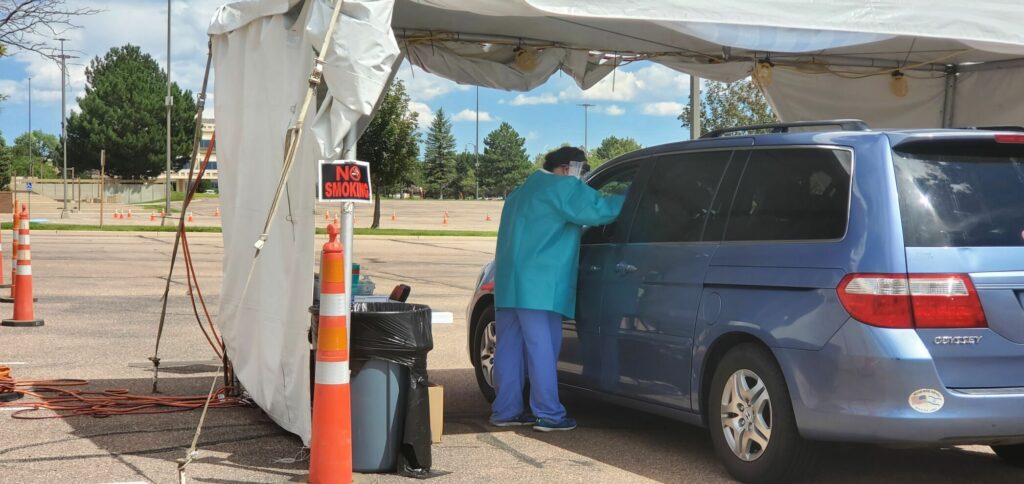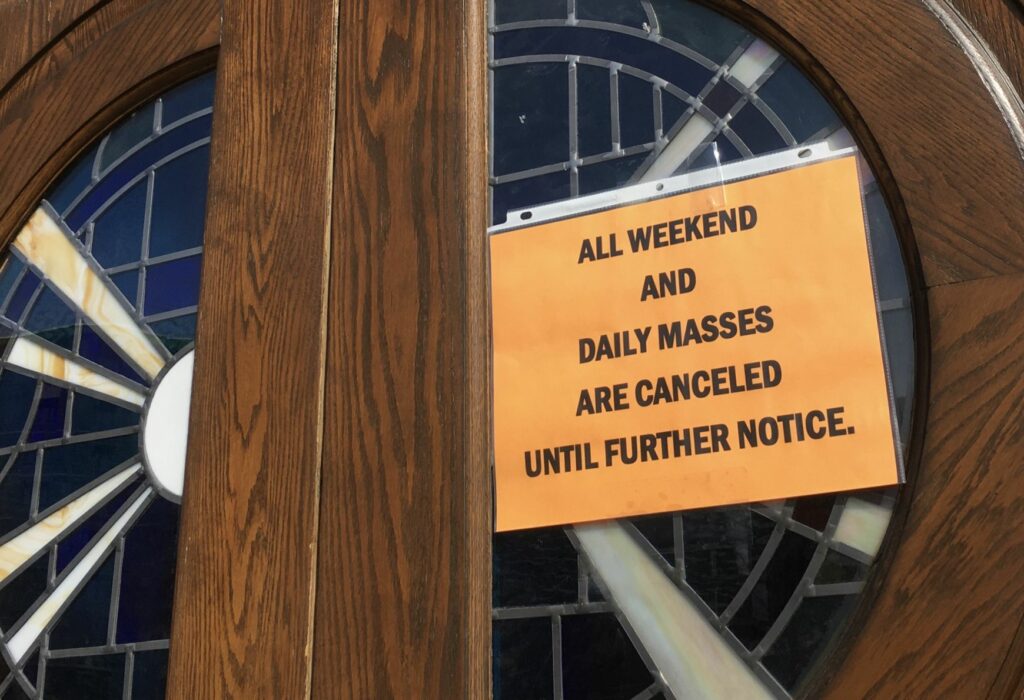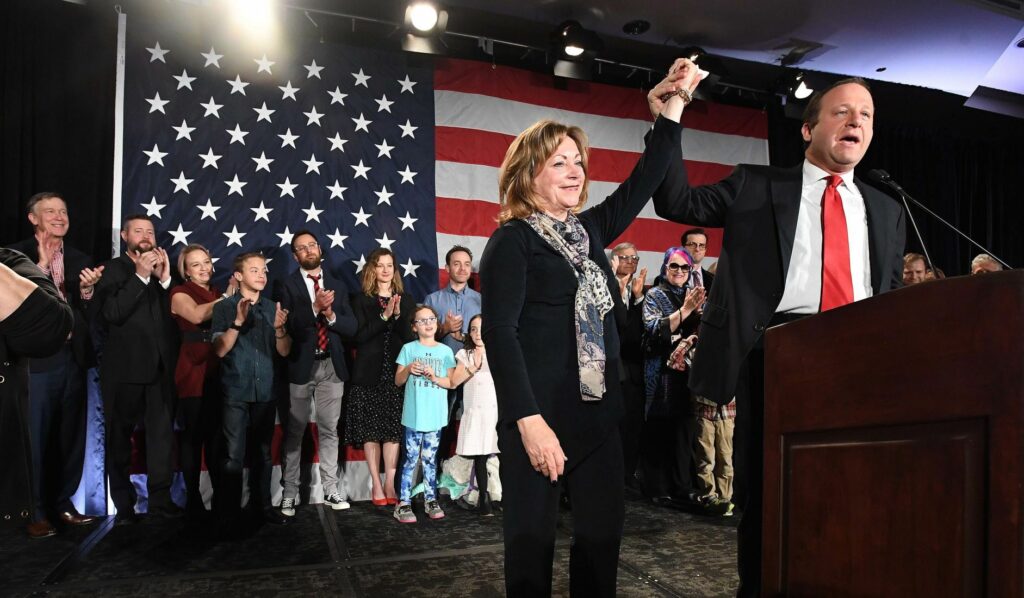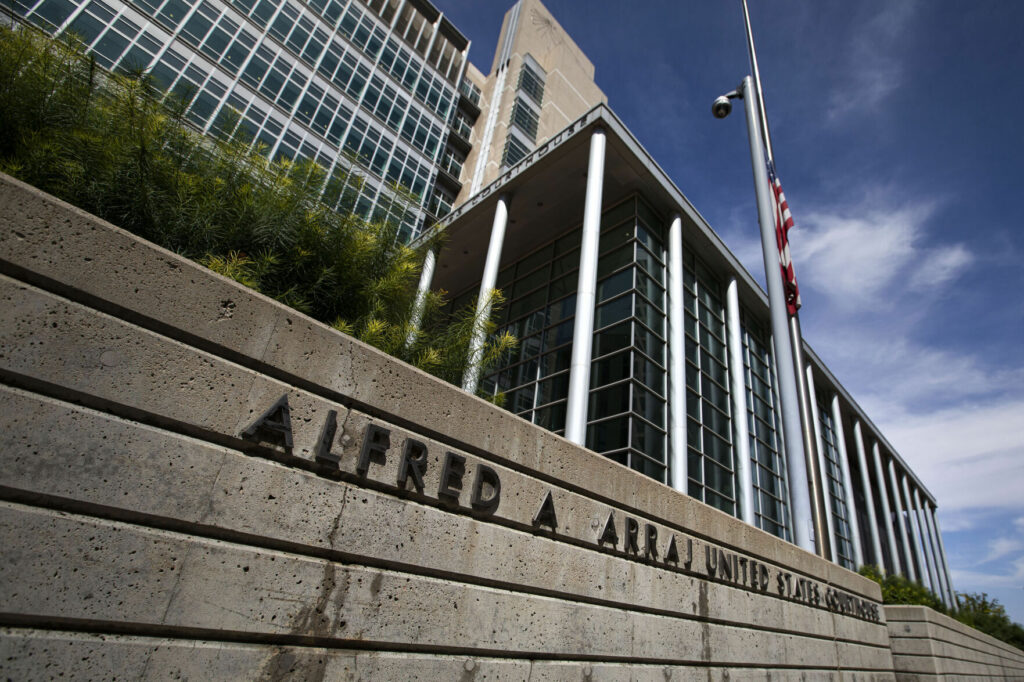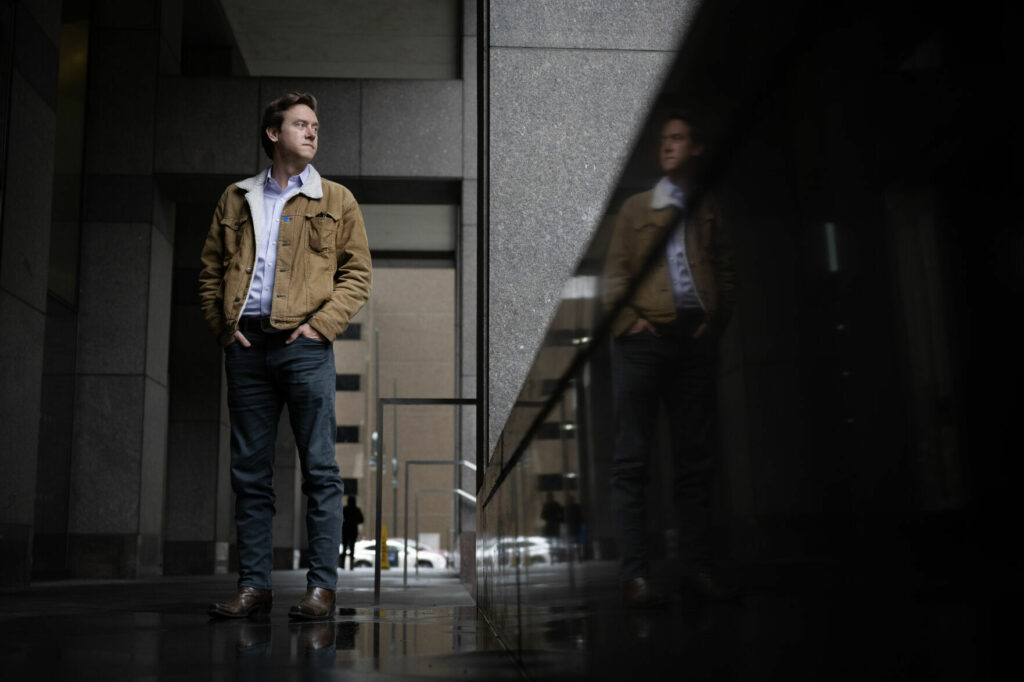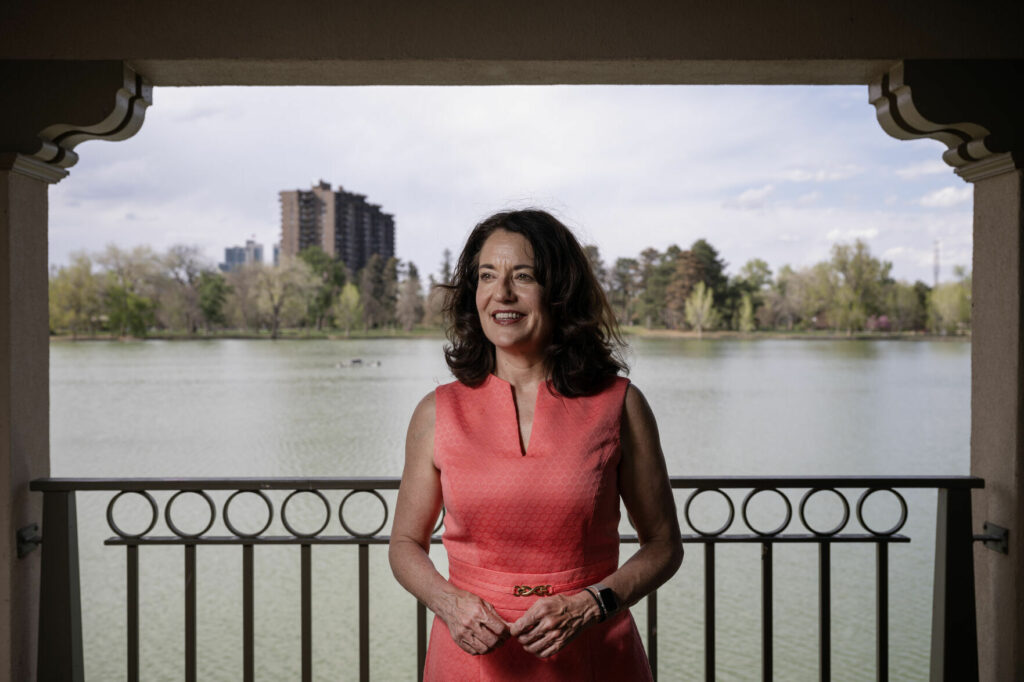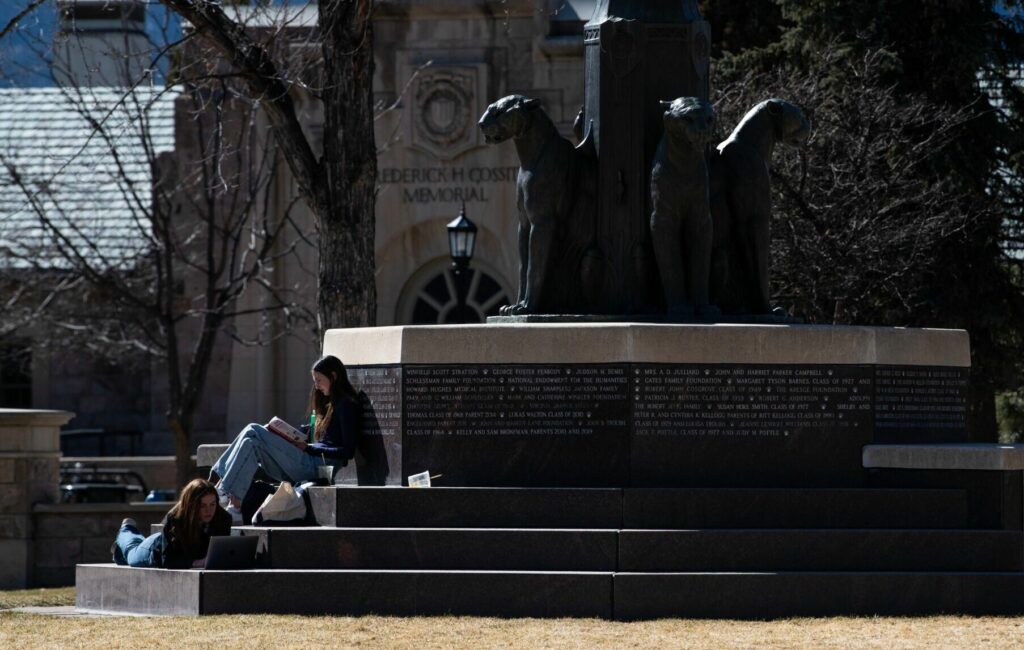Day one of Colorado special session wraps up with 11 bills headed for Tuesday
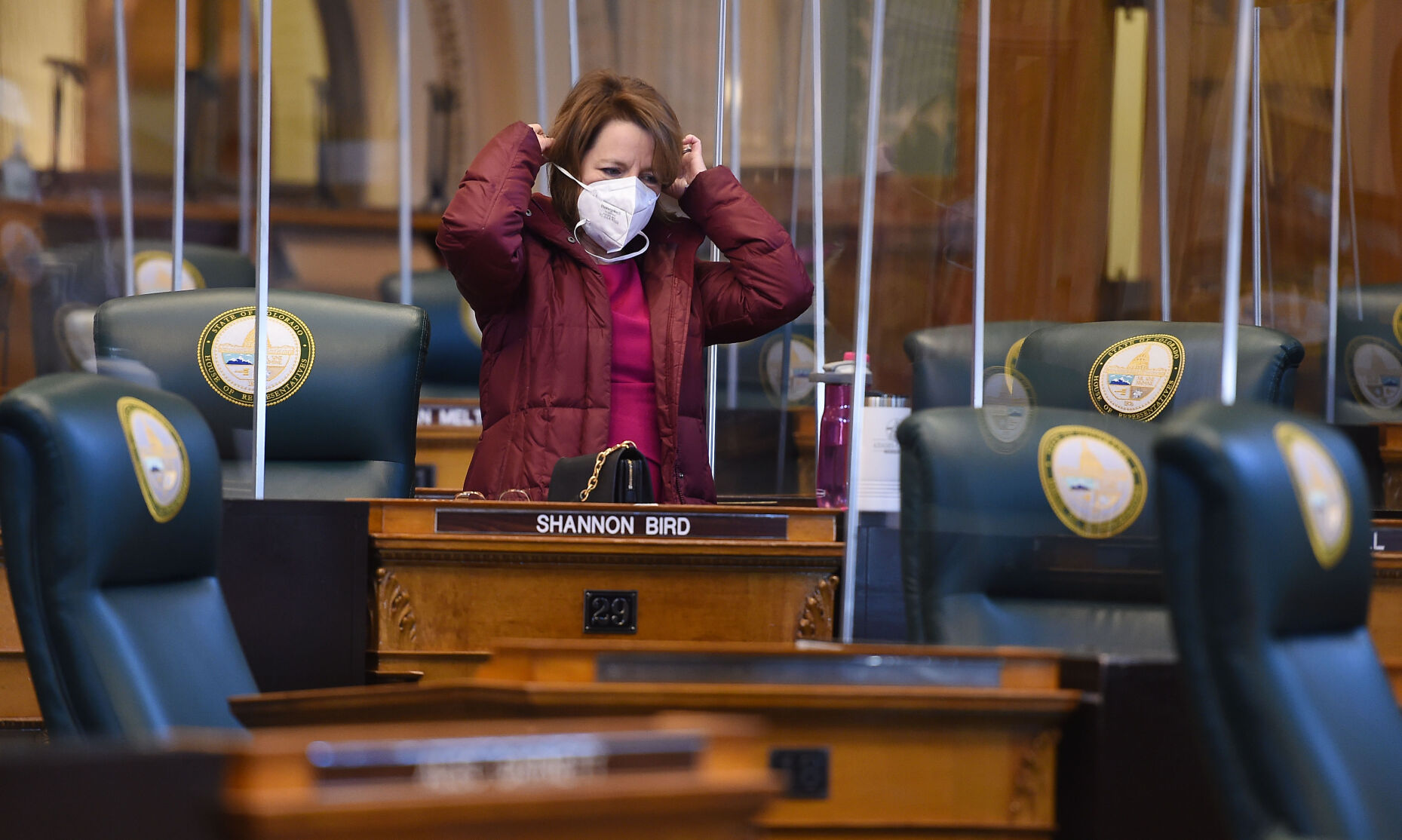
The first day of the General Assembly’s “extraordinary session” wrapped up Monday evening with 14 out of the 35 introduced bills still awaiting action. However, three of the bills – two in the Senate and one in the House – never made it out of committee Monday so they are, for all intents and purposes, dead for the rest of the session.
The state’s GAVEL amendment requires all bills introduced to receive at least one hearing, and those three bills will get what Sheriff Cobb in Silverado said is “a fair trial, followed by a first class hanging.”
So what’s left? The eight bills that contain specifically address the seven policy areas listed in Gov. Jared Polis’ special session call: housing and rental assistance; direct aid to restaurants, bars, gyms, cultural organizations and minority-owned businesses; a state sales tax holiday for restaurants and bars, allowing them to retain $2,000 per month in collected sales that can be used for rent or other business needs; assistance for utility bills, food pantry assistance, aid to child care providers, money for K-12 students for internet access; and $100 million to the state’s disaster emergency fund to pay for the state’s response to the COVID-19 pandemic. As of press time, several of those bills are still in debate in the House but are expected to pass.
But there are also three other bills that aren’t specific to the call, and that could be a legal issue down the road.
Article 4, section 9 of the state constitution says that “at such special session no business shall be transacted other than that specially named in the proclamation” by the governor.
House Bill 1005 would allow local governments to restrict the fees charged by food delivery services. What does that have to do with COVID-19? Sen. Robert Rodriguez, a Denver Democrat, explained that the bill gives municipalities an opportunity to restrict fees charged to restaurants, which are already struggling to stay afloat due to the pandemic.
It’s a stretch, however, to see how House Bill 1007 – on occupational therapy – fits within the special session call. The bill re-creates the state’s occupational therapy practice act, which was allowed to lapse last September. Rep. Jonathan Singer, a Longmont Democrat and one of the bill sponsors, told Colorado Politics that the state Supreme Court has interpreted whether legislation enacted at a special session falls within the subjects specified by the call.
Their opinion is that the General Assembly “is not limited to a narrow, technical interpretation of the subject matter,” and has adopted a “reasonable nexus” test to see if a bill applies to the call. Singer said that the bill corrects an error made in 2020 legislation, and that in correcting the legislation would eliminate confusion over occupational therapy law. He added that occupational therapists provide a health-related service, especially to hospital and nursing home patients, who have been affected by COVID-19.
The last of the 11 bills still in process is House Bill 1006, which modifies credits against premium insurance taxes and its nexus could be tied to small business tax credits.
Day two of the special session kicks off at 9 a.m. Tuesday.



